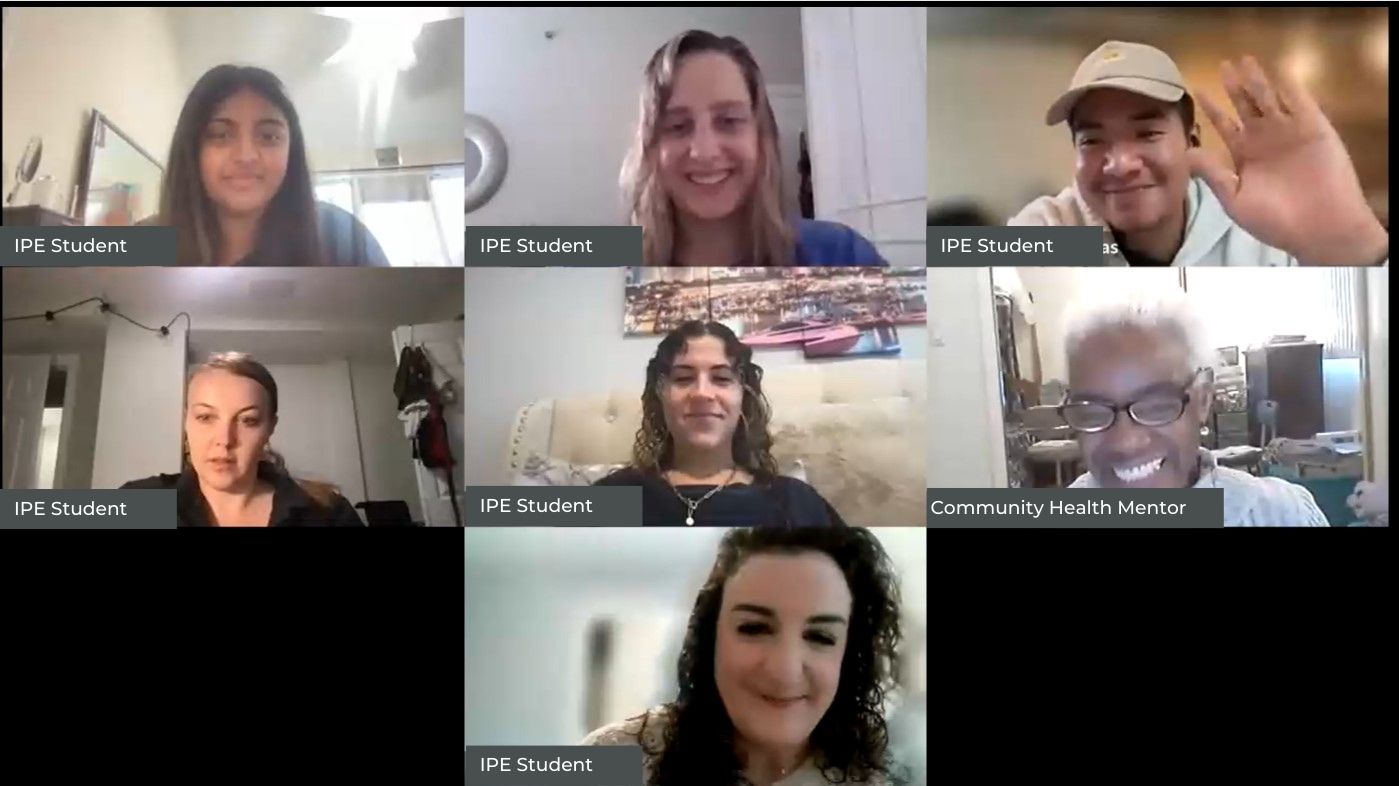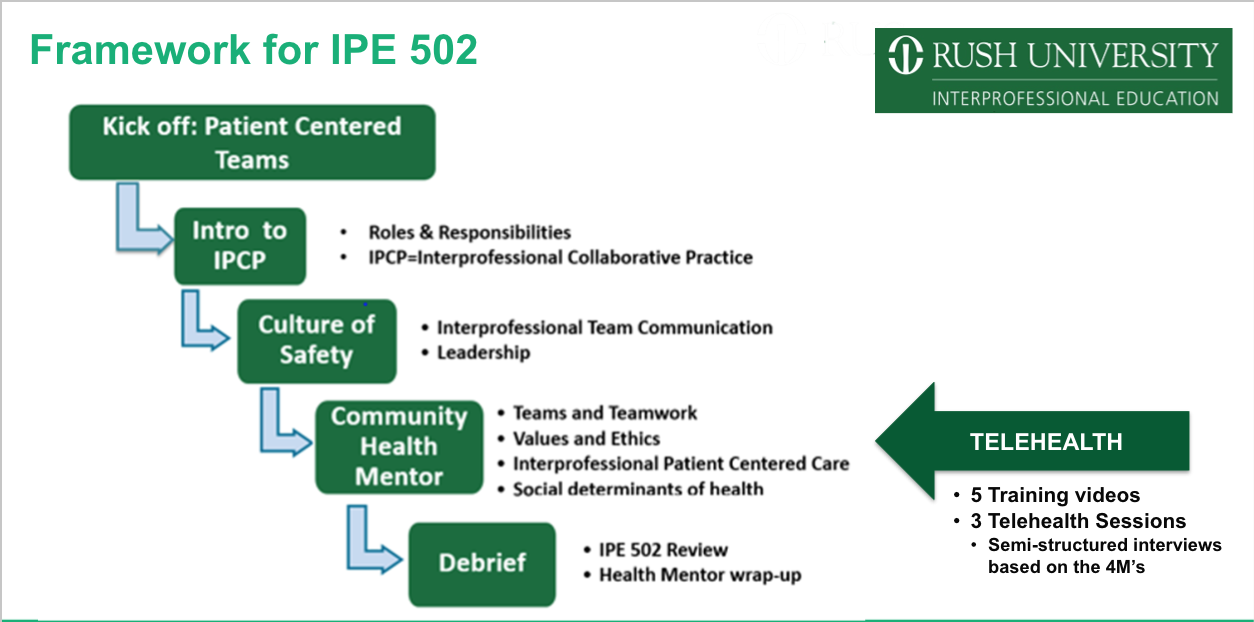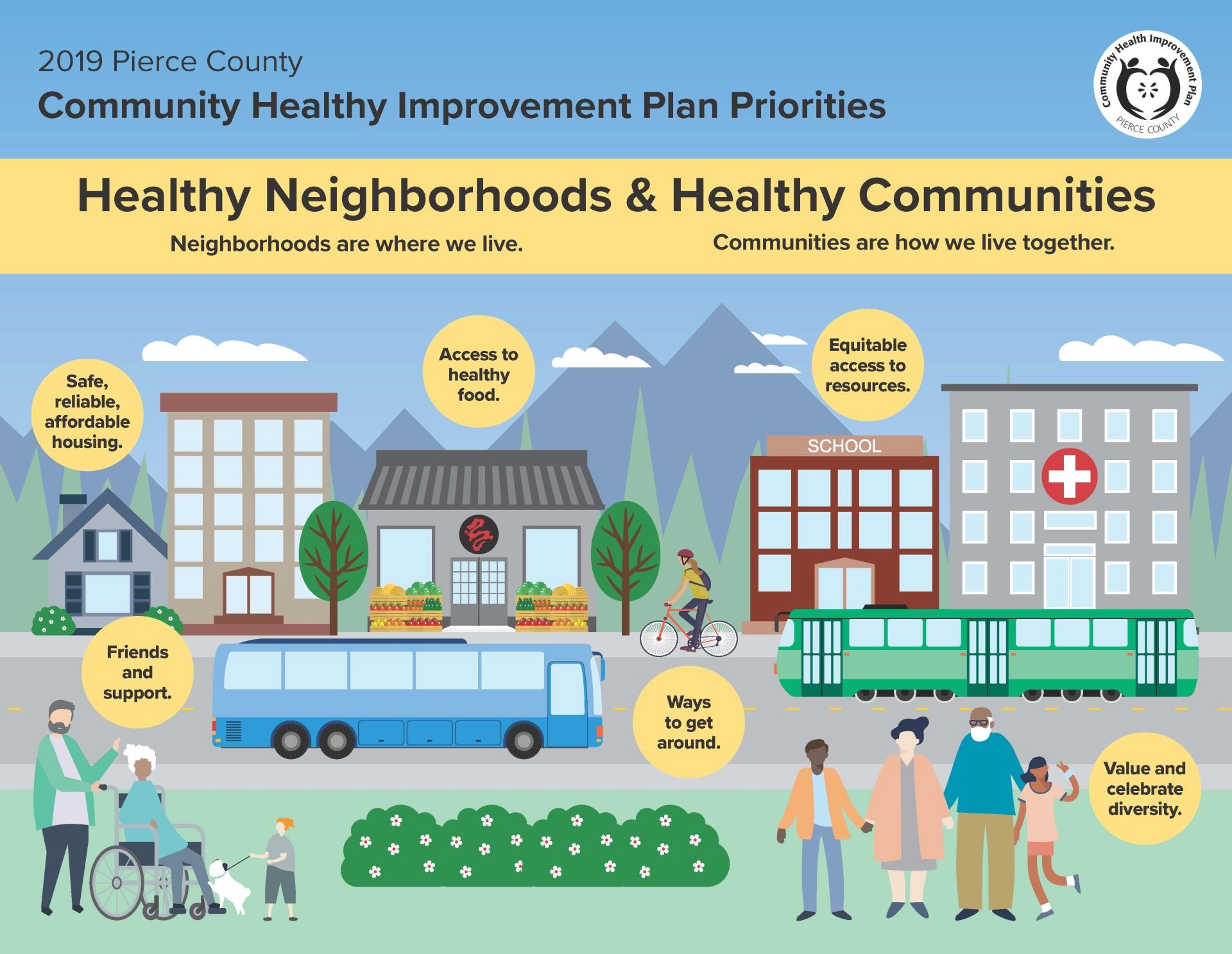Because it works. Evidence shows that interprofessional experience helps health workers gain the skills needed for practice-ready jobs.
In both clinical practice and education, interprofessional education encourages a focus on teamwork based not on a specialty or hierarchy, but rather on effectiveness and outcomes aimed at bringing together everyone who works with patients.
What does interprofessional education teach us?
Our interprofessional education efforts follow core competencies set out by the International Education Collaborative to ensure students have the knowledge, skills and values they need to function as part of a team and to provide effective patient-centered collaborative health care. These core competencies are as follows:
- Values and ethics: Work in an ethical and respectful manner with all members of the health care team responsible for investigating, developing and delivering patient-centered health care
- Roles and responsibilities: Engage diverse professionals to complement one’s own professional experience
- Communication: Communicate with clarity, confidence and respect in encouraging ideas and opinions of other team members to ensure a common understanding of information, treatment and health care decisions
- Teams and Teamwork: Apply leadership practices that support collaborative practice, team effectiveness and patient-centered health care

Mission & Vision
Mission: The Office of Interprofessional Education advances patient-centered, collaborative learning and impactful scholarship, which fosters a culture of inclusion that promotes the health and well-being of our diverse communities.
Vision: The Office of Interprofessional Education will be an internationally recognized driver of innovative, experiential education, committed to instilling a collaborative culture to prepare a practice ready workforce that promotes the well-being of our diverse communities.
Through our office, you can access a variety of interprofessional courses and advanced student interprofessional learning opportunities.
-
IPE 502 – Interprofessional Patient Centered Teams
Rush University is committed to interprofessional education for all incoming students. IPE 502 is a year-long course that introduces students to the four Interprofessional Education and Collaborative Practice (IPEC) Domains: Values/Ethics, Roles/Responsibilities, Teams/Teamwork, and Communication through a variety of team-building activities. Students have the opportunity to develop the skills, knowledge, and attitude of each IPEC Domain through an interprofessional clinical experience. IPE 502 appears on student transcripts as a Pass/No Pass. Learn more about IPE 502
It is critical to meet a patient where they are in their journey to health and not to project my own personal beliefs on them.
-Occupational Therapy student reflecting on the importance of IPE 502
Fall semester of IPE 502 includes two synchronous meetings and weekly asynchronous team activities with interprofessional student teams. In this semester, students will:
- Create and share professional ‘elevator speeches’ with teammates
- Participate in a virtual escape room to learn collaborative team work and communication skills
Spring semester of IPE 502 includes three Telehealth sessions with an adult volunteer living with a chronic condition(s). In this semester, students will:
- Complete Telehealth competency training via https://accesstelehealthtraining.org/
- Create and support the adult volunteer with a patient-centered wellness goal and action plan
- Demonstrate skills in the use of Telehealth assessment tools
Image
The Office of Interprofessional Education if proud to provide additional, optional clinical experiences to foster further development of effective interprofessional competency for students who have passed Interprofessional Patient-Centered Teams (IPE502).
Understanding and approaching a patient’s social determinants of health requires effective team strategies.
-Medical Laboratory Sciences student reflecting on the importance of IPE 502
For more information on IPE 502 at Rush University, please contact IPE@rush.edu.
-
Health Equity Learning Projects (HELP)Image

Student volunteers collaborate in interprofessional teams to address the social determinants of health and health equity through community based organizations throughout Rush’s diverse neighborhoods. Teams collaborate with community partners to design, implement, and evaluate quality improvement projects to improve and/or maintain health outcomes. Learn more about HELP.
-
Advanced Interprofessional Service-Learning Opportunity
Student volunteers lead 3 online synchronous, collaborative telehealth sessions with people with an intellectual and/or developmental disability (IDD) living in group homes. Teams collaborate to develop a personal health promotion/wellness goal and action plan for success. Learn more about the Advanced Interprofessional Service-Learning Opportunity.
Get a glimpse of Ahrianna's experience in IPE 502
IPD 502 Community Health Mentors share their experience.
Leadership
IPE 502 Director
- Jan Odiaga, DNP, APRN, CPNP-PC
Associate Professor, Rush College of Nursing
Expert Panel Member, Interprofessional Education Collaborative
Co-Directors
- Theresa Gierlowski, MPM
Lead Instructor - Rush College of Health Sciences - Mary Jo Guglielmo, MPH
Assistant Dean - Rush College of Health Sciences
Director of Undergraduate Studies - Lynette Richter, DNP, RN, CCRN-K, CNL, CHSE
Assistant Professor, Rush College of Nursing
Assistant Dean, Generalist Education - Steve Taylor, OTD, OTR/L
Assistant Professor - Rush College of Health Sciences - Claire Dolan, MD
Assistant Professor, Division of Hospital Medicine
Community Health Mentor Director
- Grisel Rodriguez-Morales, MSW, LCSW
Assistant Professor, Department of Social Work, College of Health Sciences
Manager of Health Promotion Programs, Social Work and Community Health
Instructional Designer
- Lynette Washington, MATD
Center for Teaching Excellence (CTEI)
For more information on interprofessional education at Rush University, please contact:
Jan Odiaga, DNP, CPNP-PC
Director, Office of Interprofessional Education
Associate Professor, College of Nursing
ipe@rush.edu

